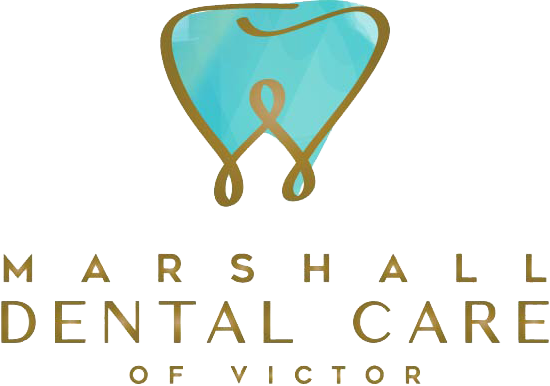7375 STATE ROUTE 96, SUITE 200, VICTOR, NY 14564 | CALL US TODAY (585) 433-0952
TIPS FOR PARENTS
Tips From Our Pediatric Dentists
If you set your little one up with good oral habits now, you can help prevent expensive and even painful problems in the future. Our pediatric dentists share tips on how you can help your child maintain good oral hygiene. We offer tips on baby bottle tooth decay, baby’s first tooth, information on fluoride, pacifiers, thumb-sucking, and more. Preventing early tooth decay, misaligned teeth, and other issues is necessary for your child’s overall health.
If good oral hygiene practices are ignored in children, they could face a lifetime of dental issues. Get started on your child’s oral hygiene today with tips from our pediatric dentists to help prevent future issues. Our pediatric dentists see patients from the Bloomfield, Canandaigua, Fairport, Farmington, Macedon, Pittsford, and Victor NY area. Review tips from our pediatric dentists below, and when you are ready to schedule your child’s visit, contact us!
Baby Bottle Tooth Decay
Also known as Baby Bottle Syndrome and Nursing Bottle Mouth, this condition occurs when an infant’s teeth rapidly decay. The upper front teeth are the ones most typically affected by this, since they are the teeth that normally have the most exposure to the milk sugars. The lower front teeth usually come in first but have more protection from the tongue.
Be sure to check for signs periodically such as brown spots along the gumline, and crying and/or frowning when eating cold, sweet, or harder foods. In addition, be sure to do the following:
• Clean their teeth every day and make sure they get the fluoride needed to help prevent decay
• Don’t let them fall asleep with a bottle (if they’re awake, don’t let them use it for a lengthy period)
• Once they reach age 1, you should have begun weaning them off a bottle
• Give them plain water if they’re thirsty
• Take them for regular dental visits once their first tooth comes in
Baby’s First Tooth
Your Child’s Initial Visit
We recommend scheduling this when your child’s first tooth comes in. While your child may only begin to show signs of growing teeth, there are still precautionary measures you can take for a baby's oral health. Our office can offer advice to deal with the teething months, all the way to when children's baby teeth begin to fall out to make room for their adult teeth. Visiting a family dentist that you can trust throughout the entirety of your child's growth can be greatly beneficial. You should also become acquainted with the office staff and layout first and bring your child along so they can do the same.
Do not wait until something is wrong to schedule an appointment. And although it may be difficult, try to avoid saying things like “it won’t be too bad” or “it won’t hurt that much,” as they can cause even greater anxiety in children.
Our office accepts patients throughout Pittsford, Victor, Farmington, Fairport, Bloomfield, & Canandaigua, NY, therefore even if you relocate around the WNY area throughout the years, your child can remain seeing their initial family dentist.

